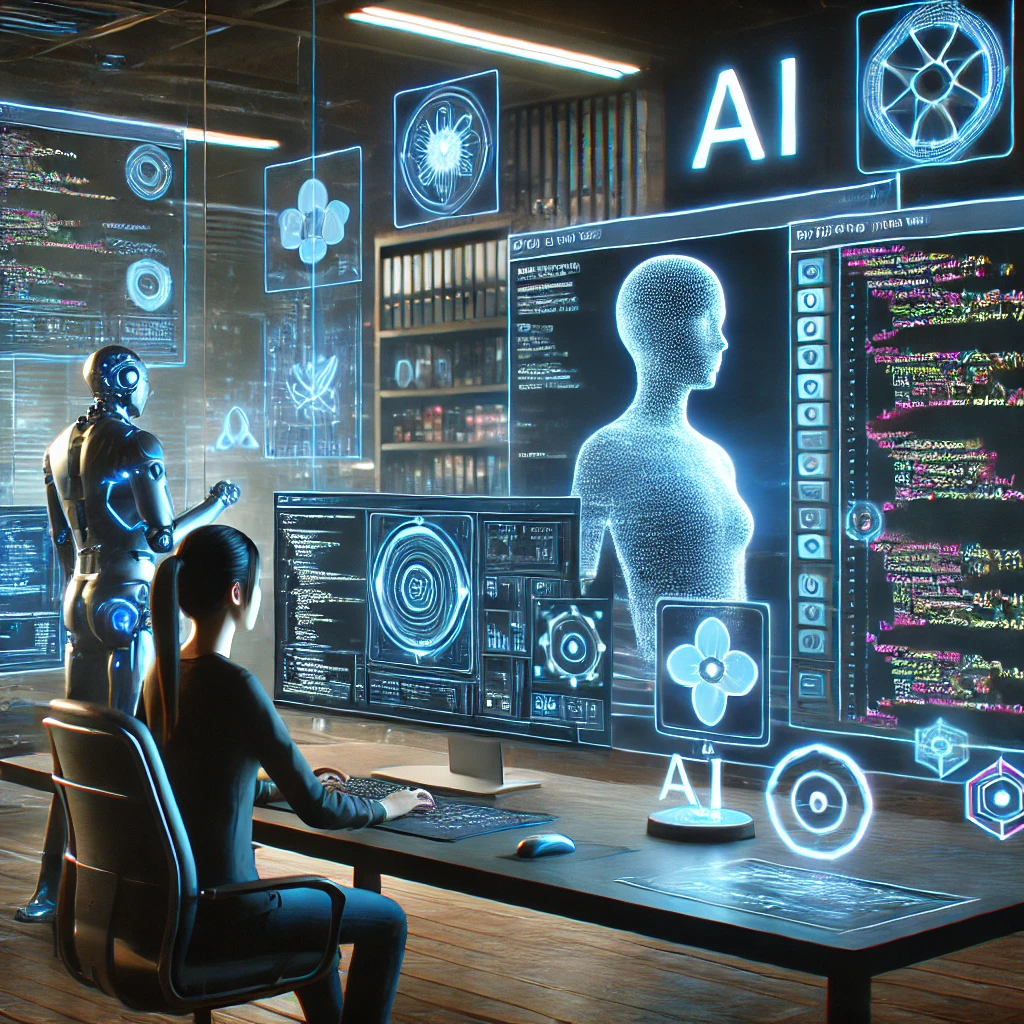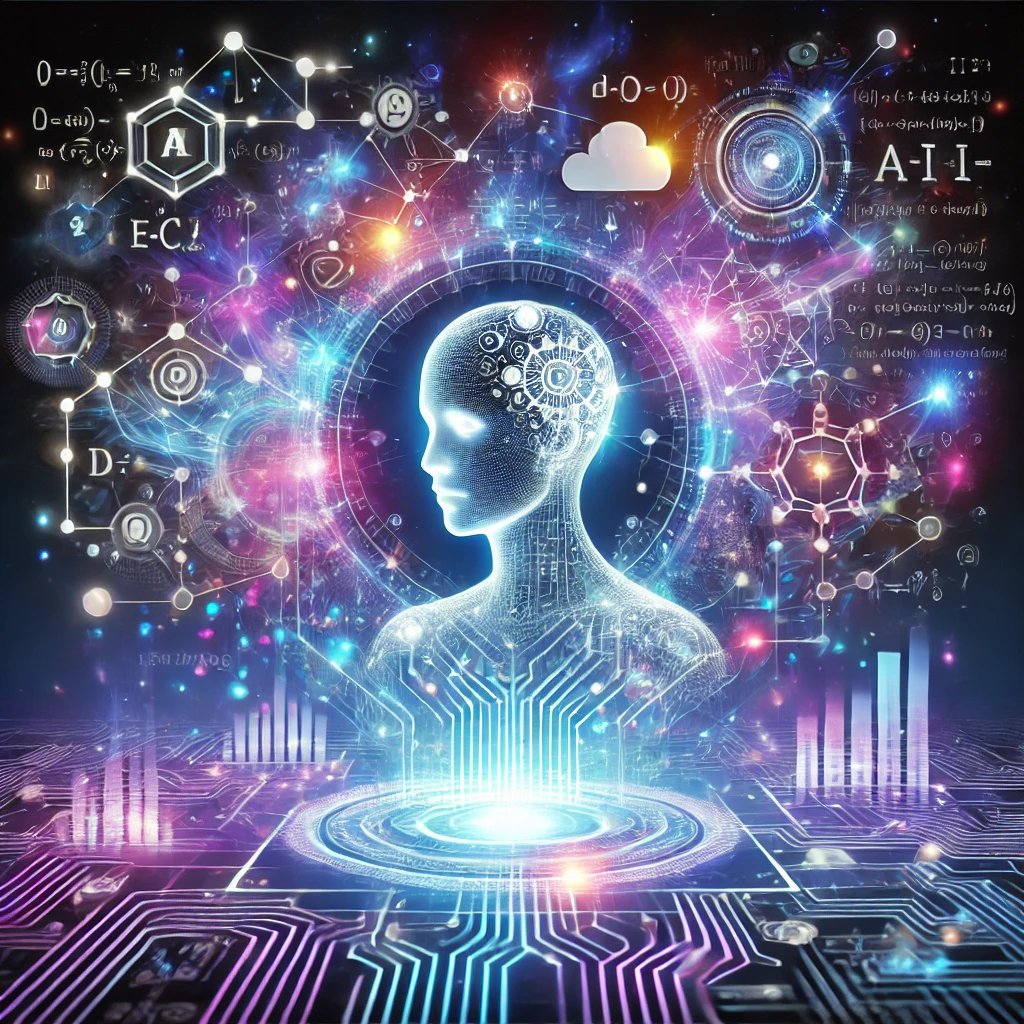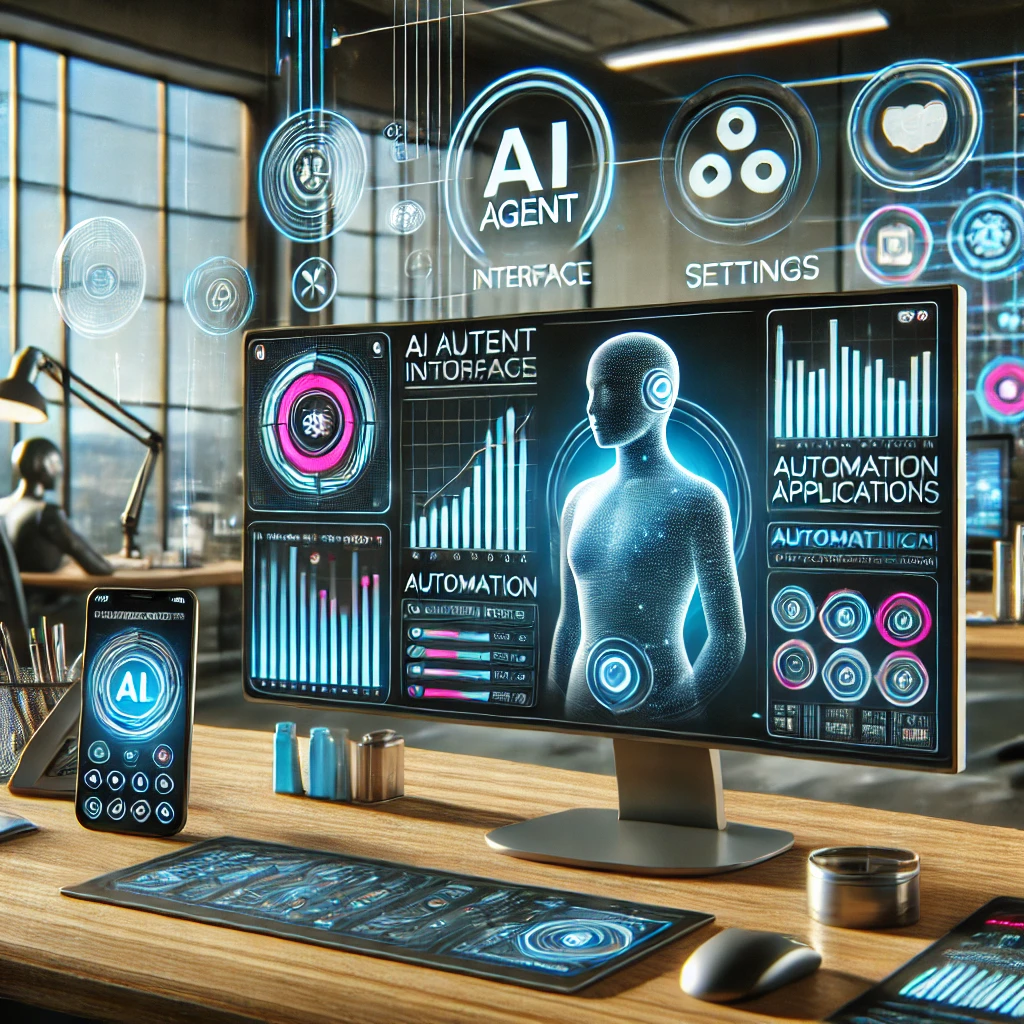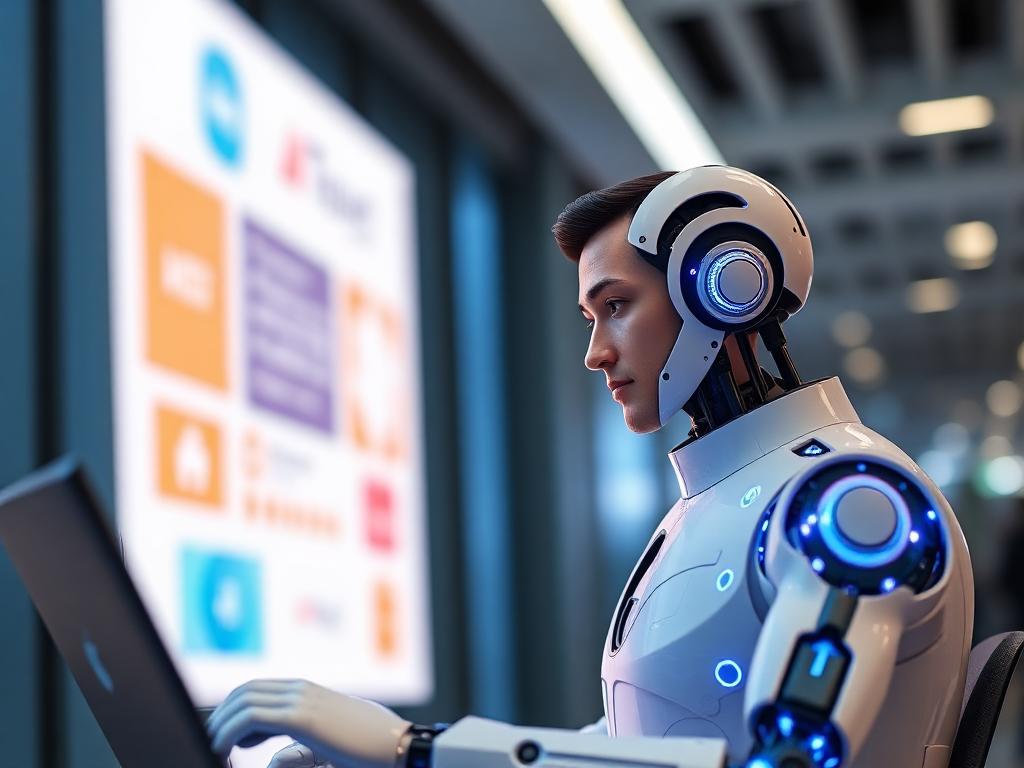Is Vibe Coding The Future?
Published on March 5, 2025
🤖 Get AI Summary of this Post:

The Rise of Vibe Coding
The way we write software is changing. The recent concept of Vibe Coding, popularized by Andrej Karpathy, is disrupting the traditional role of software engineers. Instead of manually writing every line of code, developers now collaborate with AI to generate and refine their applications.
In a recent discussion at Y Combinator, founders shared how AI tools like Cursor and WindSurf are revolutionizing coding workflows. Many engineers now focus less on syntax and more on product design, system architecture, and debugging—because AI is handling most of the coding.
How Vibe Coding Works
Vibe Coding shifts the developer’s role from a hands-on coder to a strategic product thinker. The workflow is simple:
- Describe the desired feature or fix in natural language.
- AI generates the corresponding code.
- Developers review and debug the output.
- Repeat the process, iterating quickly.
This approach enables faster prototyping, rapid iteration, and increased productivity. Some founders in Y Combinator’s latest batch report that AI generates over 95% of their code. The shift is not just in efficiency but in mindset: engineers are becoming product designers rather than code producers.
The New Role of Software Engineers
With AI writing most of the code, the skills that matter are evolving. Engineers must now:
- Develop strong taste—understanding what makes a product intuitive and effective.
- Master debugging—AI struggles with fixing bugs, so humans must step in.
- Think architecturally—scaling an AI-generated codebase requires deep system knowledge.
Some engineers find themselves coding less and reviewing more. One founder put it best: “I don’t write code much—I just think and review.”
Vibe Coding’s Limitations
Despite its promise, Vibe Coding isn’t perfect. AI-generated code can lack coherence, making debugging harder. It also struggles with complex system design, meaning expert engineers are still essential for scaling beyond MVPs.
As AI improves, will traditional programming become obsolete? Not entirely. The best engineers will still need deep technical knowledge to debug, refine, and optimize AI-generated code.
Final Thoughts
Vibe Coding is here to stay. It’s accelerating software development, making AI an indispensable co-pilot for engineers. While coding itself may become a secondary skill, the ability to think critically, debug efficiently, and design scalable systems will define the engineers of the future.
Businesses leveraging AI-driven development—such as those using platforms like Airweb—are positioning themselves ahead of the curve. Whether Vibe Coding becomes the standard or remains a tool in the developer’s arsenal, one thing is clear: the way we build software is evolving faster than ever.



